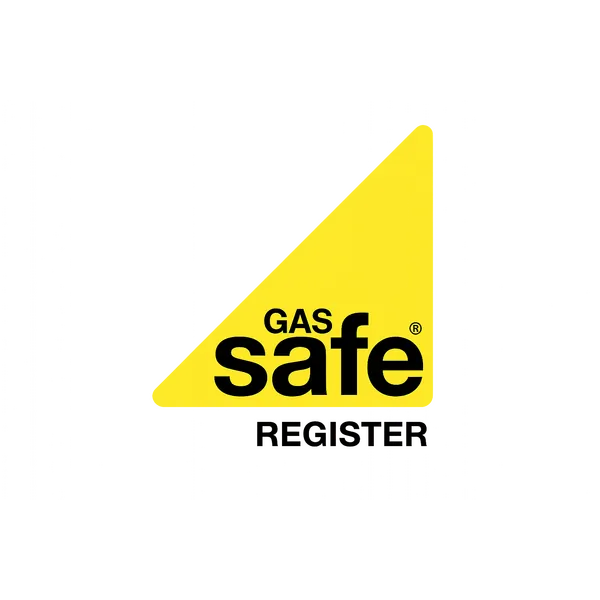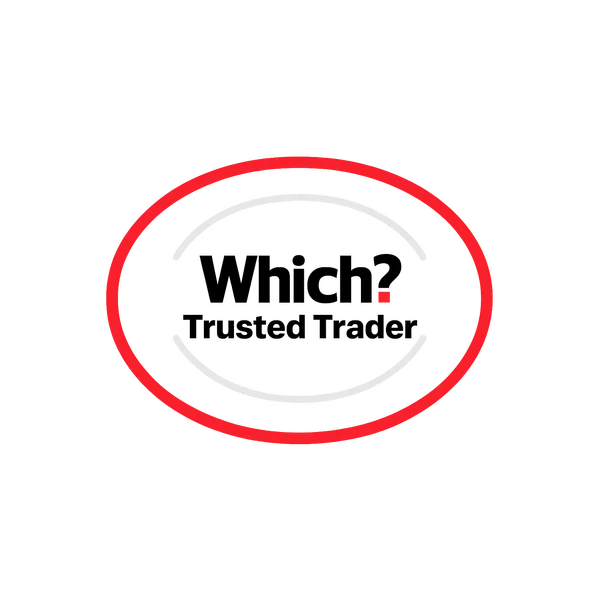Beyond the Boiler: The Benefits of Upgrading Your Radiators and Pipework
When homeowners think about improving their heating system, the boiler understandably takes centre stage. It's the heart of the system, after all. However, focusing solely on boiler replacement while neglecting the rest of your heating infrastructure is like installing a high-performance engine in a car with worn-out tyres and a rusty exhaust. The full potential remains untapped.
At CRG Direct, we champion a holistic approach to heating upgrades—one that considers your entire system as an interconnected ecosystem. Here's why upgrading your radiators and pipework deserves equal attention to your boiler replacement.
The System Thinking Approach to Heating Upgrades
Understanding Heating as an Ecosystem
Your heating system operates as a complete ecosystem where each component influences the others. A modern, efficient boiler working with outdated radiators and poorly insulated pipework creates inefficiencies that undermine your investment. System thinking means:
- Optimising component compatibility: Ensuring all parts work harmoniously together
- Addressing bottlenecks: Identifying and resolving points of resistance in the system
- Future-proofing: Preparing your system for evolving technologies and efficiency standards
The Ripple Effect of Partial Upgrades
When you upgrade only your boiler without addressing other components, you create what we call "efficiency islands"—pockets of high performance surrounded by inefficiency. This approach often leads to:
- Higher running costs than anticipated
- Reduced lifespan of your new boiler
- Inconsistent heating performance
- Missed opportunities for additional energy savings
Low-Temperature Radiators: The Efficiency Multiplier
Why Size and Design Matter
Modern condensing boilers achieve peak efficiency when operating at lower temperatures, typically 50-60°C rather than the traditional 70-80°C. Older radiators designed for high-temperature systems simply can't deliver adequate heat at these lower temperatures without being significantly oversized.
Key benefits of upgrading to low-temperature compatible radiators:
- Enhanced boiler efficiency: Allows your boiler to operate in condensing mode more frequently
- Improved comfort: More consistent, gentle heat distribution
- Energy savings: Up to 6-8% reduction in gas consumption
- Future compatibility: Ready for heat pumps and other low-temperature systems
Choosing the Right Radiators
When selecting new radiators, consider:
- Heat output calculations: Proper sizing based on room volume, insulation, and window area
- Material selection: Steel, aluminium, or composite materials each have different thermal properties
- Design considerations: Panel radiators, column radiators, or designer models to suit your space
Pipework Insulation: The Unsung Hero of Efficiency
The Hidden Energy Drain
Uninsulated pipework running through unheated spaces like lofts, garages, and underfloor voids represents a significant source of heat loss. Our assessments frequently reveal that 15-25% of heat generated can be lost through poorly insulated pipework before it even reaches your radiators.
Comprehensive Insulation Strategy
Effective pipework insulation involves:
- Primary pipe insulation: Covering all heating and hot water pipes in unheated areas
- Correct thickness: Using appropriate insulation thickness based on pipe diameter and location
- Seam sealing: Ensuring all joints are properly sealed to prevent air gaps
- Material selection: Choosing between foam, fibreglass, or rubber insulation based on application
The payoff: Proper pipework insulation typically pays for itself within 12-18 months through reduced energy bills.
System Protection: Magnetic Filters and Inhibitors
Magnetic Filters: Your Boiler's First Line of Defence
Heating systems naturally accumulate magnetic sludge—a combination of rust, scale, and debris that circulates through your system. This sludge:
- Reduces heat transfer efficiency
- Increases pump resistance
- Can cause blockages in heat exchangers
- Shortens component lifespan
Modern magnetic filters capture over 95% of circulating magnetic debris, protecting your investment and maintaining system efficiency.
Corrosion Inhibitors: Preserving System Integrity
Corrosion within your heating system creates multiple problems:
- Reduced heat transfer: Corrosion products act as insulation on heat exchange surfaces
- Component damage: Pitting and erosion of pumps, valves, and heat exchangers
- Sludge formation: Corrosion byproducts contribute to system blockages
Professional-grade inhibitors create a protective molecular layer on all metal surfaces, preventing corrosion and maintaining system cleanliness for years.
Thermostatic Radiator Valves: Precision Control
Beyond Basic Temperature Control
Modern thermostatic radiator valves (TRVs) offer sophisticated control that goes far beyond simple on/off functionality:
- Room-by-room temperature management: Different temperatures for different spaces based on usage
- Frost protection: Automatic activation when temperatures drop dangerously low
- Energy optimisation: Reducing heating in unused rooms without manual intervention
- Smart integration: Compatibility with smart home systems for advanced scheduling
The Control Hierarchy
An optimised control system follows this hierarchy:
- Weather compensation (if available)
- Room thermostat for main living areas
- TRVs for individual room control
- Programmer for time-based scheduling
This layered approach ensures no energy is wasted heating empty rooms or maintaining temperatures higher than necessary.
CRG Direct's Whole-System Upgrade Approach
Our Comprehensive Assessment Process
When you choose CRG Direct for your heating upgrade, we begin with a thorough system assessment that examines:
- Current system performance: Efficiency measurements and heat loss calculations
- Component condition: Evaluation of existing radiators, pipework, and controls
- Building characteristics: Insulation levels, room usage patterns, and thermal properties
- Future requirements: Compatibility with potential future upgrades like heat pumps
Tailored Upgrade Recommendations
Based on our assessment, we provide a customised upgrade plan that may include:
- Priority upgrades: Components that will deliver the greatest immediate benefit
- Phased implementation: Staged improvements to spread investment if needed
- Compatibility planning: Ensuring all new components work optimally together
- Efficiency projections: Estimated energy savings and payback periods
The Complete System Advantage
Homeowners who opt for our whole-system approach typically experience:
- 20-30% reduction in energy bills compared to boiler-only upgrades
- More consistent comfort throughout their property
- Longer system lifespan with reduced maintenance requirements
- Future-ready infrastructure prepared for emerging heating technologies
Making the Right Investment Decision
Considering Total Cost of Ownership
When evaluating heating upgrades, it's essential to look beyond initial installation costs to consider:
- Operating costs: Annual energy consumption and efficiency
- Maintenance requirements: Frequency and cost of servicing
- Component lifespan: Expected durability and replacement cycles
- System resilience: Performance under varying conditions and over time
The Value of Professional Guidance
Navigating the complex landscape of heating upgrades requires expert knowledge. Professional installers bring:
- Technical expertise: Understanding of how different components interact
- Regulatory knowledge: Compliance with building regulations and efficiency standards
- Practical experience: Real-world insights into what works in different property types
- Quality assurance: Proper installation techniques and commissioning procedures
Conclusion: Beyond the Boiler Mindset
Upgrading your heating system represents a significant investment in your property's comfort, efficiency, and value. By adopting a whole-system approach that includes radiators, pipework, filtration, and controls alongside your boiler replacement, you unlock the full potential of modern heating technology.
The benefits extend beyond immediate energy savings to include improved comfort, reduced environmental impact, and long-term system reliability. At CRG Direct, we believe that true heating efficiency comes from optimising the entire system, not just replacing individual components.
Ready to explore how a comprehensive heating upgrade could transform your home's comfort and efficiency? Contact our expert team today for a personalised assessment and discover the difference that whole-system thinking can make.















